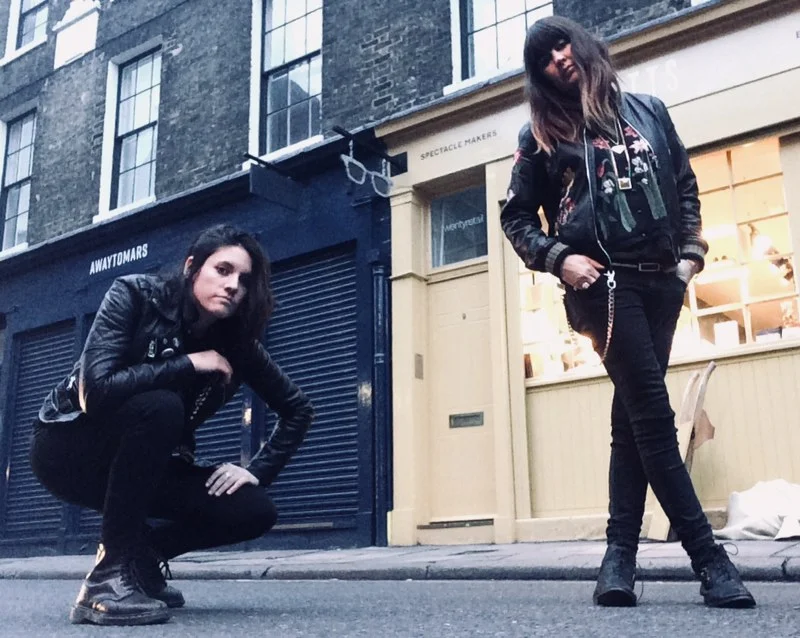Playing a show involves a lot of extra things besides being on stage and playing your songs. From the time you arrive at the venue to the time you leave, a lot goes on and it’s important to be conscious of how you’re presenting yourself. Keep in mind what your goals are. Most likely it involves performing the songs you wrote and sharing them with the world. There will likely be other acts on the bill as well and they have a similar goal in mind, playing their songs in front of a crowd. At the start it can be difficult to find that crowd to perform in front of but that’s why it’s important to stay the length of a show and watch the other acts. In a way you have to be the audience before you can expect to have one of your own! It all comes down to being respectful, and putting care into what you do. Let the other bands know you care about them and will give their work a listen, and they’ll likely stay to give yours a listen too.
A few tips & suggestions with shows when you first arrive to a show:
Find the booker, sound or production person and introduce yourself. Biggest suggestion - regardless of what other people do, if a booker or venue asks you to show up at a particular time for load in / sound check, don’t roll in right before you play! ...And don’t be late. However if you are running late, contact (however you communicated to book the show) the venue or booker to let them know. It’s respectful. You have to treat music like a job, and you wouldn’t show up to your job late!
For up coming or long time bookers and promoters: if you’re located in the same town where you book, be the point person and show up to the venue for the show. Too often there is a gap in communication between the venue and promoter where there’s no point person and people don’t respect the artists who could be traveling many miles. Some artists base their whole day around taking off from work early or cancelling plans / getting rides and/or equipment for a gig. To show up and find no one there and no one in communication makes things very difficult! Please respect what you do & act like you care.
If you’re serious about music here are some other tips:
- treat people how you want to be treated!
- respect requested time slots. (load in, set length)
- artists: be kind to the sound person, their job is not easy & vice versa: engineers try to be friendly to the artists so they’re comfortable
- be friendly & have a great attitude! Your like a business-card but in person. People will remember.
- if you’re open to it, always share your equipment! At some point you might really need an amp or cable! Most of the time people are exactly like you & might need an extra hand if their equipment broke last minute.
- have merch so you start thinking like a business and have products available, something for people to take home as a momento. Also: don’t force your merch on people! Do let them know it’s available though.
In addition to show etiquette you can also carry your support further by almost living a daily musician etiquette- supporting local artists & bands by even going to shows that you aren’t playing, buying merch from touring acts & always remember - you are the face of your brand so do everything you do with care/heart.

